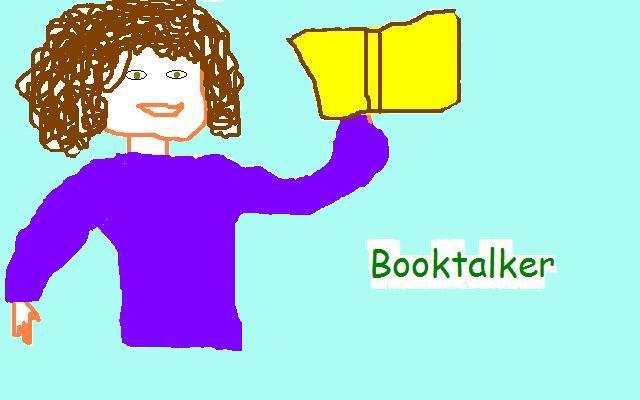|
Click on the book to read Amazon reviews
|
This
is a beautifully written story from the perspective of eight different
women, four mothers and four daughters. The set of mothers, all immigrants
from China to the United States during the war, formed "The Joy Luck Club,"
who met to play Mahjong, a tile game of strategy. The mothers connect
almost like sisters, each with their tragedies and dreams and of course,
troublesome relationship with daughters growing up in an American world.
The other four women are composed of the daughters.
Told in first person (rotating
from person to person) secrets are uncovered, truths are explored, and
mysteries are resolved. The story is loosely centered around one
daughter whose mother has passed away. Her mother's greatest regret
is leaving behind twin daughters in China. After she passed the remaining
mothers made contact with the missing twins and try to convince June to
travel to China in her mother's stead. June, like their own daughters,
is unsure of how she might represent her mother, feeling like there is
so much she doesn't know about her mother, mainly this life before coming
to America and meeting and marrying her father.
The story speaks highly of
the Asian culture, deeply rooted in historical context, explaining some
key aspects to Chinese customs, and bridges the relationship of this culture
with others. It is easy to relate to this story, no matter
your cultural heritage. Everyone, particularly teens, can admit that
we know too little about our parents, and sometimes are even surprised
at the realities.
One of my favorite passages
is about one mother who frustratingly comes to terms with the idea that
no matter how hard she tried to raise her daughter the American way, she
is just like her, as she was like her mother, and her mother before her.
She uses the metaphor of steps on a stairway, always the same. It
provides a beautiful opportunity to examine this concept of similarities
and differences to their parent. It is a unique opportunity to learn
about the Chinese culture and to connect to one's own culture and heritage.
(Kathleen Quiroz West, kathleenwest@gmail.com, teacher) |
